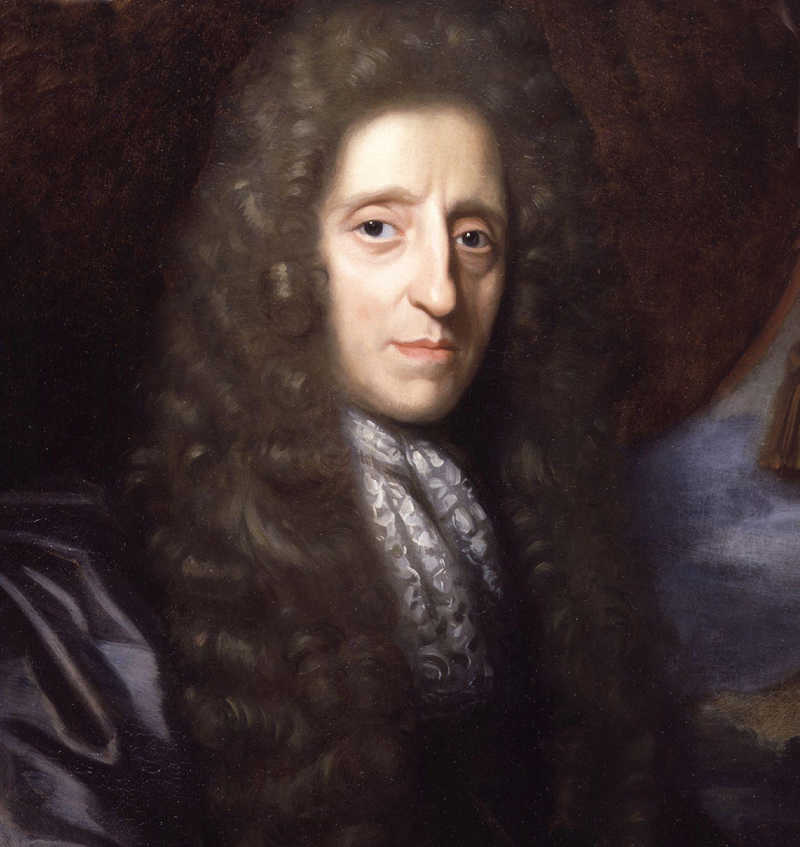The Second Treatise of Government, by John Locke
Related to this modern self is "possessive individualism", a conception of the individual "as essentially the proprietor of his own person or capacities, owing nothing to society for them” (Macpherson 1962, 3). The British philosopher John Locke (1632–1704) provided its founding formula when, in the Second Treatise of Government (1690, §27), he wrote that 'every Man has a Property in his own Person' [...]
[...] Locke too, in a revolutionary move, reconceived “person” as a continuity of memory and consciousness. It followed that personhood could in principle be attached to any material substance. However, since memory and consciousness were associated with the contents of the head, the brain became the organ of the self or, more precisely, the only organ we need in order to be ourselves as persons.


Learn more about John Locke in the Encyclopedia Britannica.
At the link below, you can download the full-text Ebook of The Second Treatise of Government. This file is offered by Project Gutenberg, that freely digitalizes Public Domain titles.
Locke, John. 1690. “Second Treatise of Government.” In Two Treatises of Government, edited by Peter...You can also learn more about Locke, and particularly about his political theory, on this video by The School of Life:



































































0 comments
Sign in or create a free account